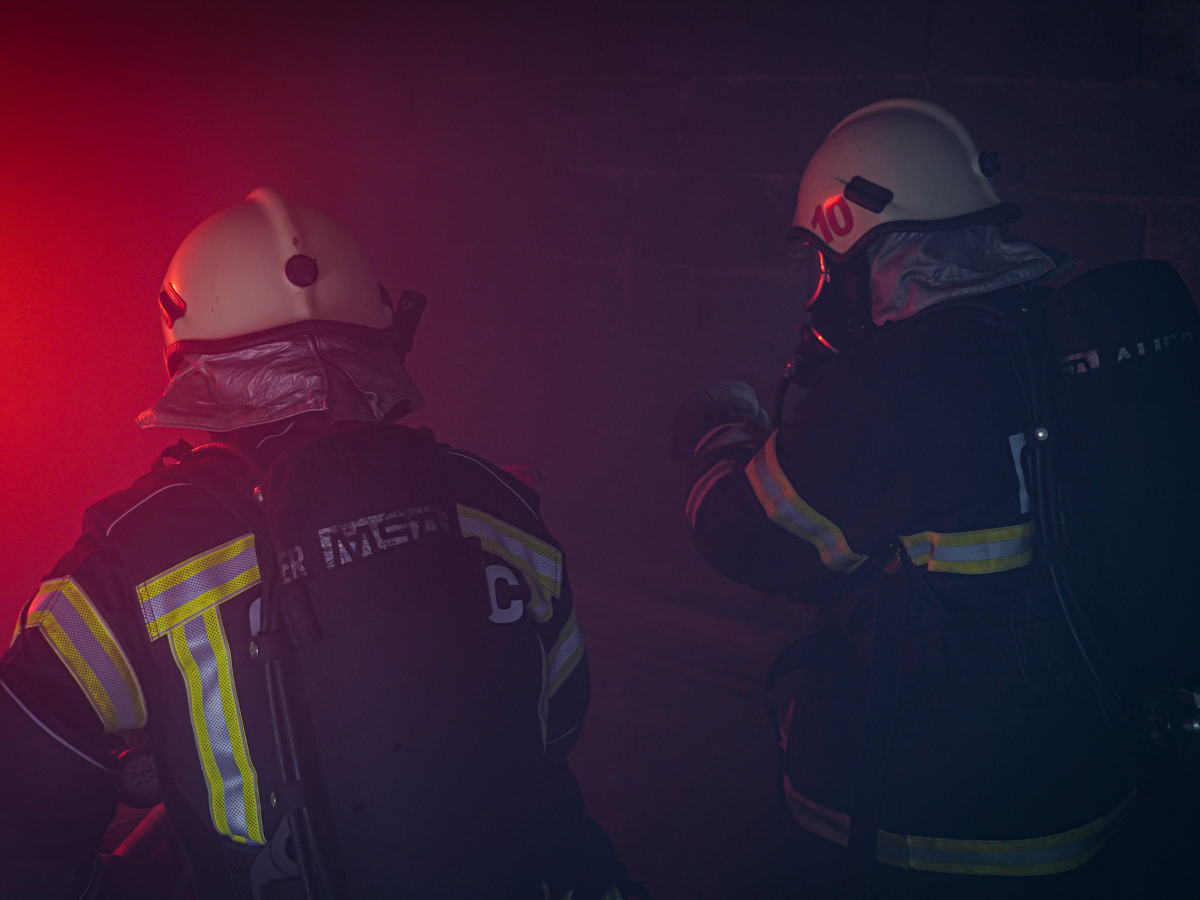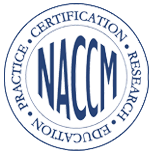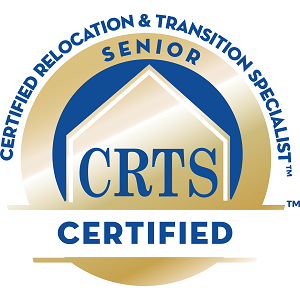National Preparedness Month and Electronic Caregiver
September is National Preparedness Month. Observed each year, National Preparedness Month raises awareness about disaster and emergency preparation. This year’s theme is: “Prepare to Protect. Preparing for disasters is protecting everyone you love.” Disasters and emergencies come in many forms – hurricanes, power outages, floods, a bad fall, fire, tsunami, medical emergency, heart attack, and more. Emergency preparedness is especially important when caring for our elderly loved ones.
Disasters and emergencies often occur with little warning. You might have to evacuate your home quickly without much time to prepare. Or, a power outage might leave you without energy to power your appliances, heat, and communication channels. To prepare for emergencies, it’s important to plan ahead.
Emergency preparedness for the elderly involves extra considerations. Unfortunately, only 34.3% of elderly Americans report reading or learning about emergency preparation. The older a person is, the less prepared they typically are for an emergency.
Your elderly loved ones might have extra limitations, like mobility concerns, medications, or sight and hearing issues. We at Reflections Management and Care know that providing the highest quality of care to our community requires emergency preparedness considerations.
5 Tips for Emergency Preparedness for a Senior
1. Prepare a Kit
You should have an emergency kit that’s easily accessible to your loved one who is elderly. It could include:
- Food that doesn’t require cooking
- Personal hygiene products
- Water
- Maps
- Contact information for specialists, doctors, family members, and friends
- Blanket and change of clothing
- Cell phone with charger or solar-powered charger
- Flashlight with extra batteries
- Medication (at least 7 days worth)
- First aid kit
- Whistle or air horn, to attract attention if necessary
- Medical documents and insurance policies
- Cash
- Extra keys
- Cards to pass the time
2. Create a Plan
Emergency preparedness requires a plan shared between you and your loved ones, doctors, specialists, and anyone else that might have a close relationship or support role for your ederly loved one. Your plan should include:
Communications Plan: Prepare a list of contact information for those who can help your elderly loved one in the event of an emergency. Regularly update this information if necessary. Create a group call chain so that everyone knows who to contact in the event of an emergency.
Travel Arrangements: Plan for your loved one’s travel in the event of an evacuation. If your loved one is in a long-term care facility, speak to a representative or specialist there to learn about their evacuation plans. See if they have a policy where they drive patients to a certain location, or if they require you to pick them up.
Emergency Drill: Go through an emergency drill and practice your plan so that your loved ones know how to execute when the time is right.
3. Use Electronic Caregiver
Electronic Caregiver offers automated, 24/7 emergency support for your elderly loved ones. It is an electronic device that tracks an individual’s location and medication, while also offering 24/7 access to an emergency physician.
We at Reflections Management and Care offer two different types of the Electronic Caregivers:
Premier: This Electronic Caregiver (ECG) uses GPA and Cellular Based Location Services (CBS) to locate your loved one in the event of an emergency, or anytime. With sensitive microphones, Premier Series ECGs ensure operators hear their clients, even if they’re outside of the home. This series includes a pocket smart health device and an emergency wrist pendant. With 24/7 access to a physician, your loved one can reach their medical specialist with just the press of a button.
ProHealth: This ECG encourages better treatment adherence for your loved ones, and offers 24/7 clinical care support. Furthermore, it also includes analytics and trend monitoring to ensure your loved ones receive immediate care if necessary. With 24/7 emergency response and medication reminders, ECG Pro Health is a great investment in your loved one’s safety.
4. Talk to a Professional
If your loved one has a specific medical illness, like mobility concerns, talk to their health professional to find out what specific support they would need in the event of an emergency. Keep your communications consistent with your loved ones’ doctors to ensure you’re aware of any important changes in their condition, and how those changes might influence your emergency preparedness.
National Preparedness Month and Your Family
Emergency preparedness is vital for families with elderly members every day of the year, and not just during National Emergency Preparedness Month. Consider the tips above, as well as how an ECG can support you and your family. We at Reflections Management and Care are here to support you and your loved ones. Contact us anytime for geriatric assessments, ECGs, counseling, medication management, and more.














